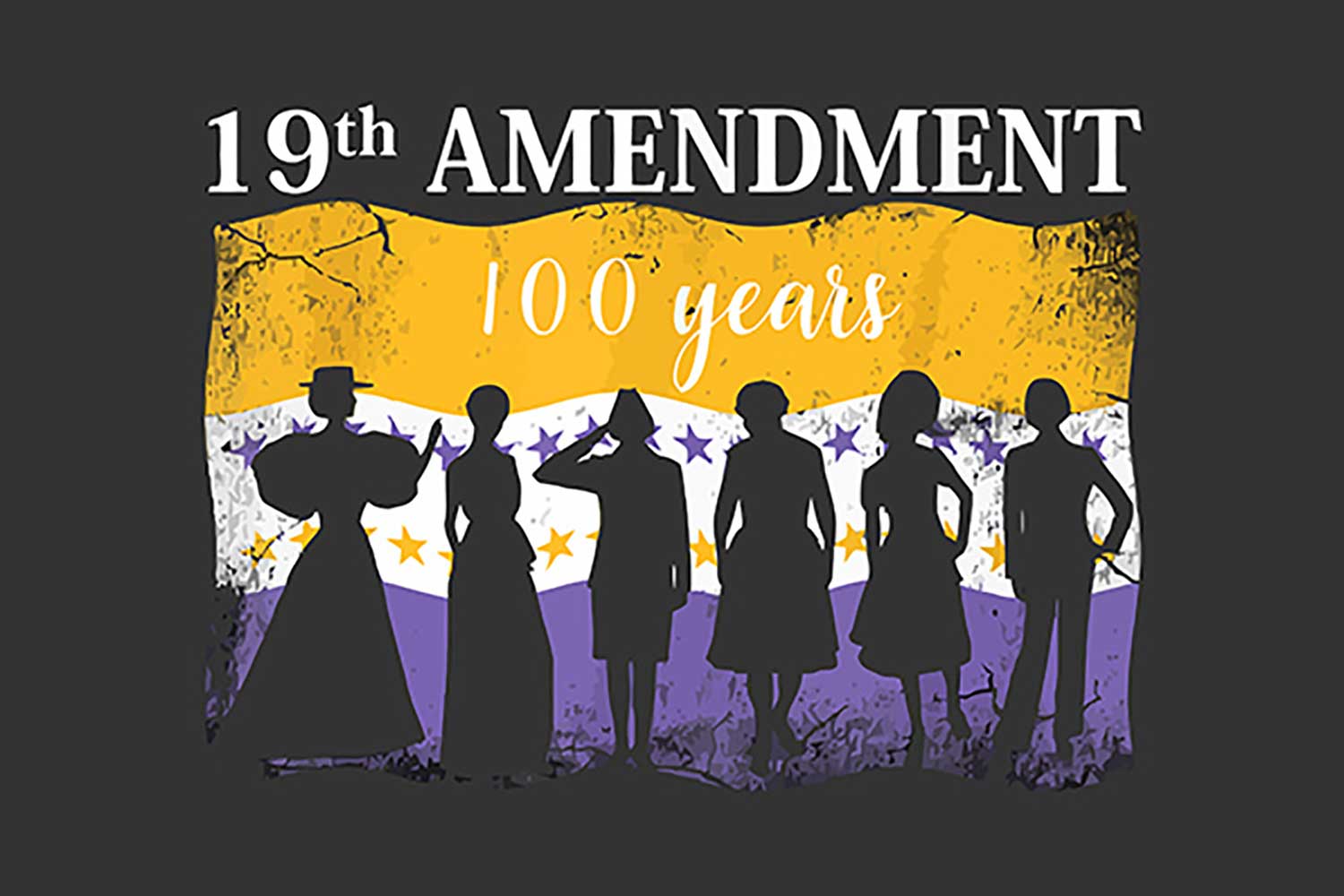“Never doubt that a small group of thoughtful, committed citizens can change the world; indeed, it’s the only thing that ever has.” — Margaret Mead
In 1777, women lost the right to vote in New York. The right to vote was lost for women in Massachusetts in 1780, then in New Hampshire in 1784, and in 1787 — as the Constitutional Convention left the decision to state governments — women in all states except New Jersey lost the right to vote. Finally, in 1807, the right to vote was lost for women in New Jersey, too.
The fight to regain the franchise was painstaking. Women fought on the local level to recover recognition of the rights denied to them through the formation of the United States, sometimes voting even though their country said they couldn’t and attempting to run for office.
In perhaps no clearer example can we observe the critical impact of incremental, local advocacy in changing the nation than in the ratification of the 19th Amendment 100 years ago in the August of 1920.
Local advocates are what forced a number of states to recognize a woman’s right to vote prior to the ratification of the 19th Amendment, creating the groundswell to affect federal change.
In 1913, investigative journalist and uncompromising suffragette Ida B. Wells traveled to Washington to join the Women’s Suffrage Procession. Its organizers, who wanted the suffrage procession to be “uncomplicated by any other problems,” ordered Wells to parade in the back.
A bitter argument ensued and, mid-procession, Wells took her place at the front of the march. The 19th Amendment broadly guaranteed women the right to vote, but it wasn’t until the Voting Rights Act of 1965 prevented states from imposing discriminatory practices at the polls, 34 years after Wells’ death, that women who were relegated to the back of public spaces were secure in their right.
Those who justified fighting for the right to vote for some women and not others cited the tribulations of “identity politics” — women who were too poor to pass literacy tests, women who were not white, were shoved to the sidelines to cultivate the image of the well-educated, wealthy, and “worthy” suffragette in response to anti-suffragette propaganda which relied on widely-held prejudices.
Today, as we feel the reverberations of this history and face the same intricate challenges, we pause to remember not only the 19th Amendment, but the work of women who, in the course of over 70 years, protested at the local level, authored literature arguing for their liberation, marched at the front of processions when ordered to stay invisible, and changed legislation for themselves and for a legacy of women who follow — at incremental levels that paved the way for national change.
To continue that legacy, we still have work to do, and the nonprofit sector is showing the way.
Nonprofit advocacy for what our communities need is crucial to bringing about change, and women lead the way.
In data optimistic against statistics of the for-profit sector, women comprise 73% of the nonprofit sector’s employees. However, in leadership positions, women still earn less than men, despite scoring higher in most leadership skills.
For many of us, our voices are still unheard. In the year 2020, as we prepare ourselves for another presidential election, we hope you join us in recognizing the hard (and often life-threatening) work of women who enable us to fill our ballots.
If your nonprofit is not a member of Nonprofits Insurance Alliance and you’d like to learn more about joining our community, please check out our list of coverages, as well as the benefits of membership.





